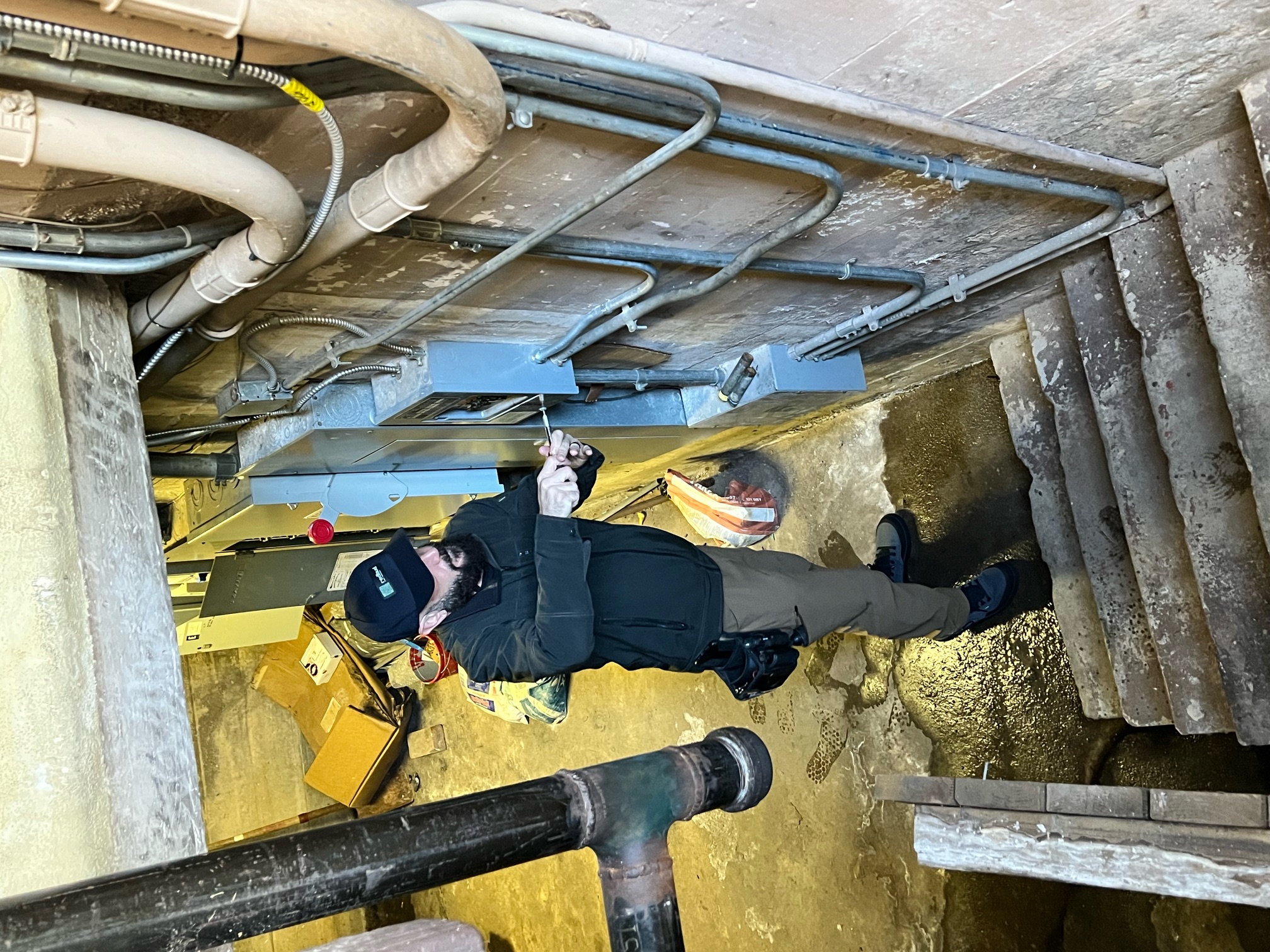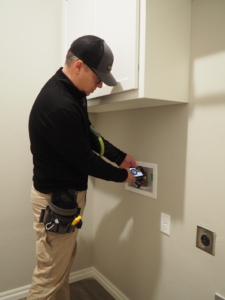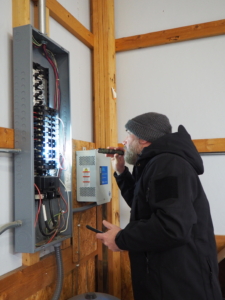Introduction
When hiring a home inspector, many homeowners and buyers wonder about the nature of the relationship. Specifically, is a home inspector a fiduciary? This blog aims to clarify this question and explain the responsibilities and duties of a home inspector. Understanding this distinction can help you make informed decisions and set appropriate expectations.
What is a Fiduciary?
A fiduciary is someone who has a legal and ethical obligation to act in the best interest of another party. This relationship is characterized by a higher level of trust and duty. Examples of fiduciaries include trustees, financial advisors, and attorneys. Fiduciaries are legally bound to prioritize their client’s interests above their own, making decisions and providing advice that directly benefits the client, often at their own expense.
The Role of a Home Inspector
A home inspector, on the other hand, is a professional who provides a service by conducting thorough inspections of properties and reporting their findings. Here’s a closer look at their duties:
- Adherence to Standards of Practice
- Home inspectors must follow the standards set by professional organizations, such as InterNACHI (International Association of Certified Home Inspectors) or ASHI (American Society of Home Inspectors), as well as state regulations. These standards dictate how inspections should be conducted and what should be included in the reports.
- Providing Objective Observations
- Inspectors are required to provide an unbiased assessment of the property’s condition based on what is visible and accessible at the time of the inspection. They report their findings without any obligation to influence the client’s decision-making process.
- Avoiding Conflicts of Interest
- Inspectors must avoid conflicts of interest, such as offering to perform repairs on the properties they inspect. This ensures their reports remain impartial and objective.
Why Home Inspectors Are Not Fiduciaries
While home inspectors have important duties to their clients, these do not rise to the level of fiduciary duties. Here’s why:
- No Decision-Making Authority
- Inspectors do not make decisions on behalf of their clients. Their role is to provide detailed information about the property’s condition, not to advise on financial or personal decisions.
- Lack of Legal Obligation to Act in Client’s Best Financial Interest
- Fiduciaries must act in the client’s best financial interest, even at their own expense. Home inspectors, however, are not legally obligated to prioritize the client’s financial interests over their own. Their primary duty is to provide an honest and thorough inspection report.
- Objective and Impartial Reporting
- Home inspectors must remain objective and impartial. Their responsibility is to report their findings accurately without swaying the client’s decisions, which is different from the advisory role a fiduciary plays.
A Personal Anecdote
As a home inspector, we often find ourselves in situations where all the evidence suggests that it would be a bad idea for a buyer to proceed with the purchase. For instance, I once inspected a home for a young couple with limited resources. The home had significant deferred maintenance issues that would require extensive repairs. Despite recognizing that purchasing the home might not be in their best interest, I was prevented from giving a direct opinion on the purchase. My role was to provide an unbiased report on the home’s condition, not to advise them on their financial decision.
Sources
- InterNACHI Standards of Practice
- These standards outline the scope and limitations of a home inspection, emphasizing the inspector’s role in providing objective observations rather than fiduciary advice.
- ASHI Standards of Practice
- Similar to InterNACHI, these standards guide inspectors in conducting inspections without entering a fiduciary relationship with their clients.
- State Regulations
- Various state laws regulating home inspections also reinforce that inspectors must perform their duties impartially and according to specific standards, without taking on fiduciary responsibilities.
Conclusion
In summary, while home inspectors have important duties to be thorough, honest, and impartial, their role does not extend to the fiduciary responsibilities of making decisions or providing advice that directly benefits the client at their own expense. Understanding this distinction helps set realistic expectations and appreciate the professional boundaries within which home inspectors operate.
Have more questions about home inspections in Oklahoma City? Contact Redbud Property Inspections today for expert advice and detailed inspections.




